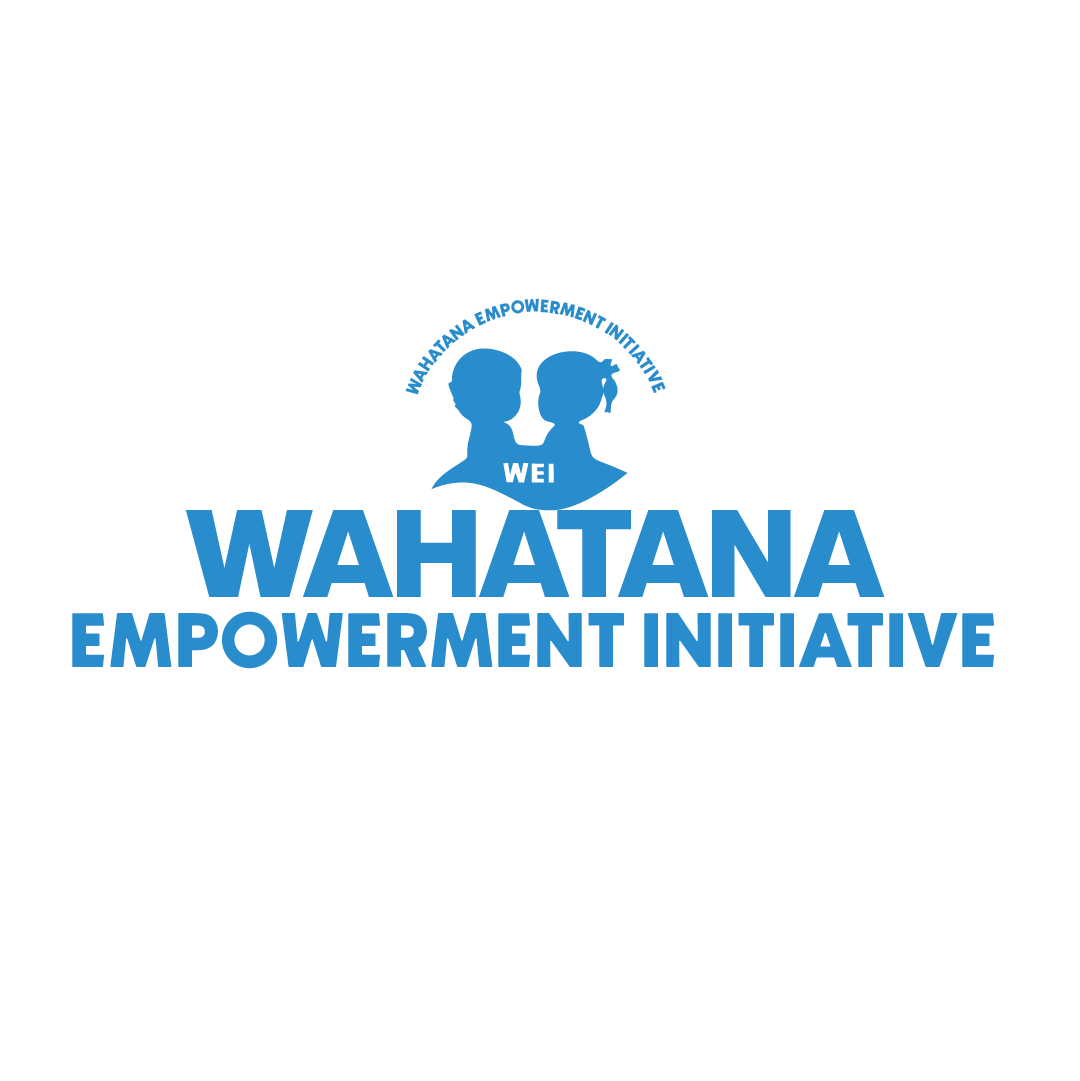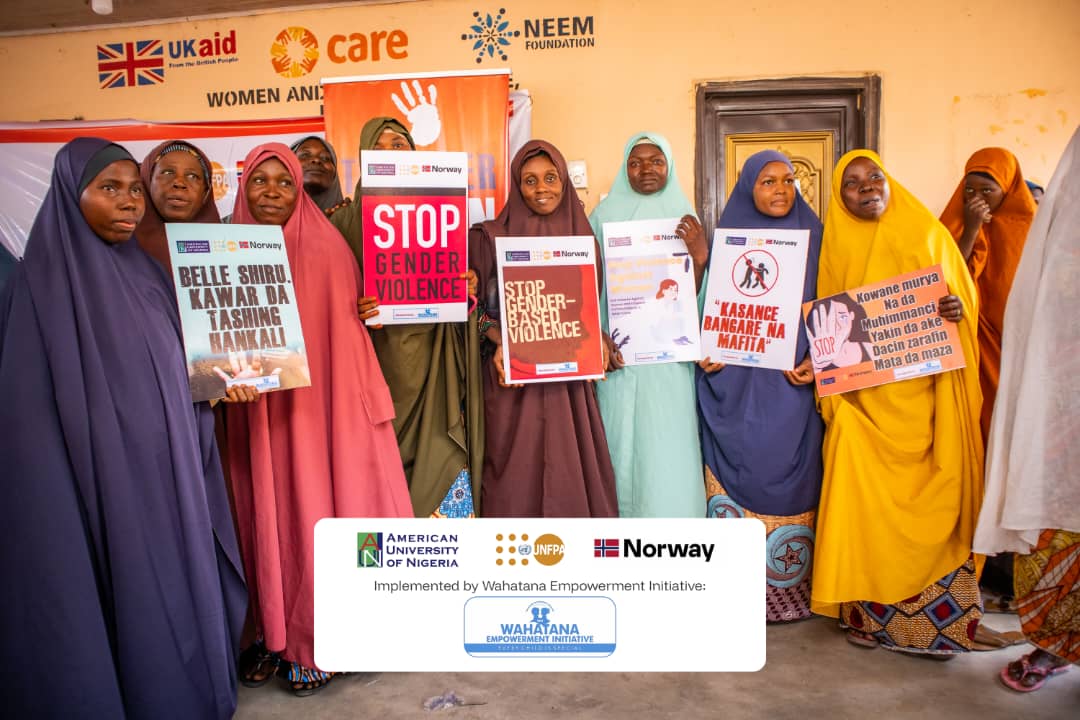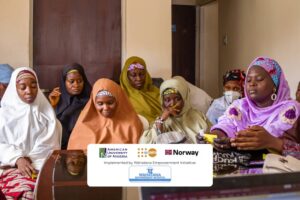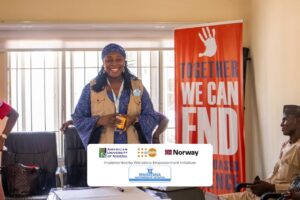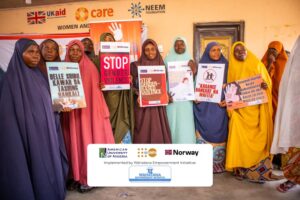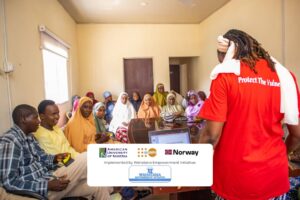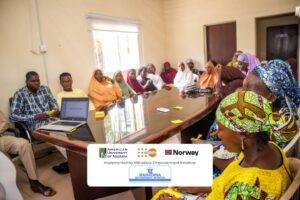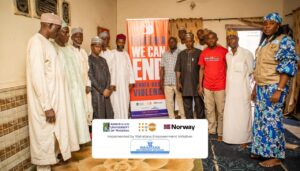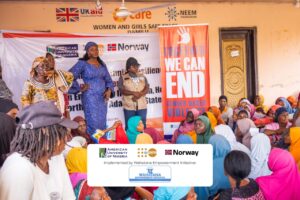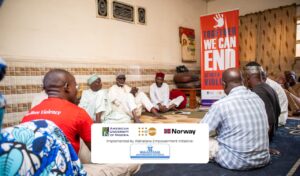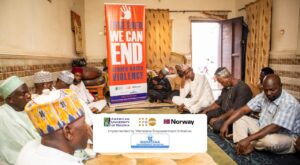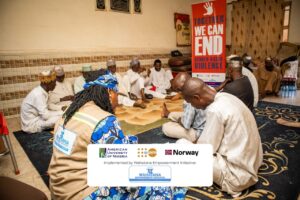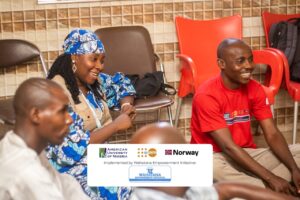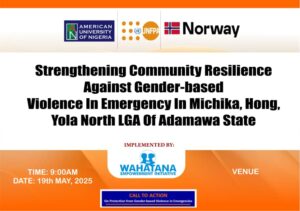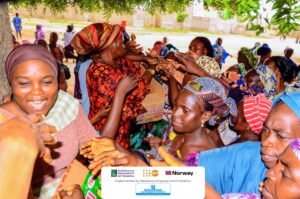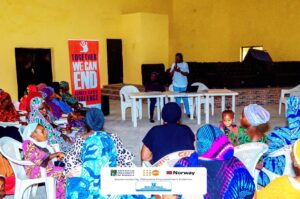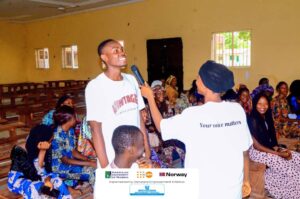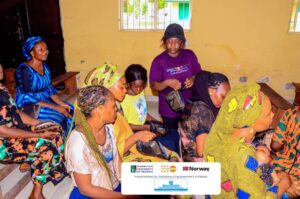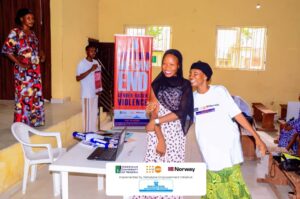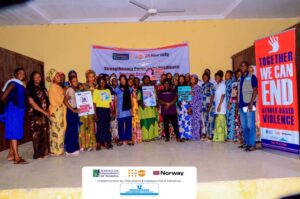In the heart of northeastern Nigeria, where conflict and displacement have reshaped communities, Wahatana Empowerment Initiative (WEI) has been on the frontlines — working to protect women and girls, prevent gender-based violence (GBV), and improve access to sexual and reproductive health (SRH).
With support from UNFPA, in collaboration with AUN and the Government of Norway, WEI recently concluded a powerful 6-week intervention across three high-need Local Government Areas (LGAs): Michika, Hong, and Yola North. The project reached thousands of community members with lifesaving knowledge, survivor-centered care, and lasting local solutions.
Years of insurgency and instability have severely impacted the social fabric of Adamawa State. Displaced families, poor access to healthcare, and weakened protection systems have left women and girls especially vulnerable to sexual violence, exploitation, and harmful practices like early and forced marriage.
Despite ongoing humanitarian efforts, many communities still lack basic awareness of GBV risks, referral pathways, and rights-based SRH services. That’s where WEI stepped in — with a bold, community-led approach.
Our Impact at a Glance
🔹 3 LGAs reached (Michika, Hong, Yola North)
🔹 2,000+ community members sensitized on GBV and SRH rights
🔹 300 survivors supported with psychosocial, legal, and medical referrals
🔹 100 local actors trained in GBV case management and emergency response
🔹 3 GBV Watch Committees established (1 per LGA) to sustain protection
Key Project Achievements
- Building Awareness: 2,000+ People Reached Through Sensitization Campaigns
Using radio programs, community dialogue sessions, and visual materials (IEC), WEI delivered clear, culturally appropriate messages on GBV prevention and SRH access. These sessions helped break the silence around taboo topics and encouraged survivors to seek support without fear or shame.
“Before this project, I didn’t know where to go or who to talk to. Now I know my rights, and I’m not alone.”
– Community member, Hong LGA
Capacity Building: 100 Local Leaders and Volunteers Trained
WEI delivered intensive training sessions to women-led groups, traditional leaders, youth advocates, and health workers, equipping them with skills in:
-
GBV case management
-
Psychological first aid
-
Emergency response and safe referrals
-
Survivor-centered care principles
These local actors are now empowered to lead protection efforts from within their communities.
- GBV Watch Committees: Community-Owned Protection Systems
In each LGA, WEI established a Women-led GBV Watch Committee — trusted community members trained to monitor, report, and support survivors confidentially. These groups now serve as the first line of defense against violence and a bridge to referral services.
- Survivor Support: 300 Lives Touched and Counting
Over 300 GBV survivors were linked to vital services — including:
-
Psychosocial support
-
Health referrals
-
Legal aid pathways
-
Safe spaces for counseling and recovery
These interventions restored hope, stability, and dignity to women and girls who had previously been silenced by fear and stigma.
Throughout implementation, the project team faced real challenges — from insecurity and mobility restrictions, to cultural barriers and stigma. WEI responded by:
-
Working closely with traditional and religious leaders
-
Ensuring confidentiality and survivor safety
-
Using mobile teams and local volunteers for accessibility
-
Tailoring language and messages for each community’s context
This approach built deep community trust, a key ingredient for sustainable change.
Even after the 6-week grant period, the work continues. WEI has ensured that:
-
Trained volunteers and committees remain active
-
Referral networks with health, legal, and psychosocial services are sustained
-
Local leaders are engaged for ongoing education and monitoring
This project didn’t just deliver a response — it built resilient, locally owned protection systems that will serve communities long into the future.
As WEI reflects on the success of this project, the path forward is clear: scale the impact, deepen partnerships, and reach even more vulnerable populations with protection and SRH services.
With continued support, we aim to:
-
Expand GBV prevention to more LGAs in Adamawa, Borno, and Yobe
-
Train an additional 500 community leaders in survivor-centered care
-
Integrate GBV protection into all WEI programs — from education to health and livelihoods
Project Gallery
Whether you’re a policymaker, donor, humanitarian partner, or concerned citizen, your support helps protect the most vulnerable. Together, we can break the cycle of violence and build a future where every woman and girl is safe, heard, and empowered.
